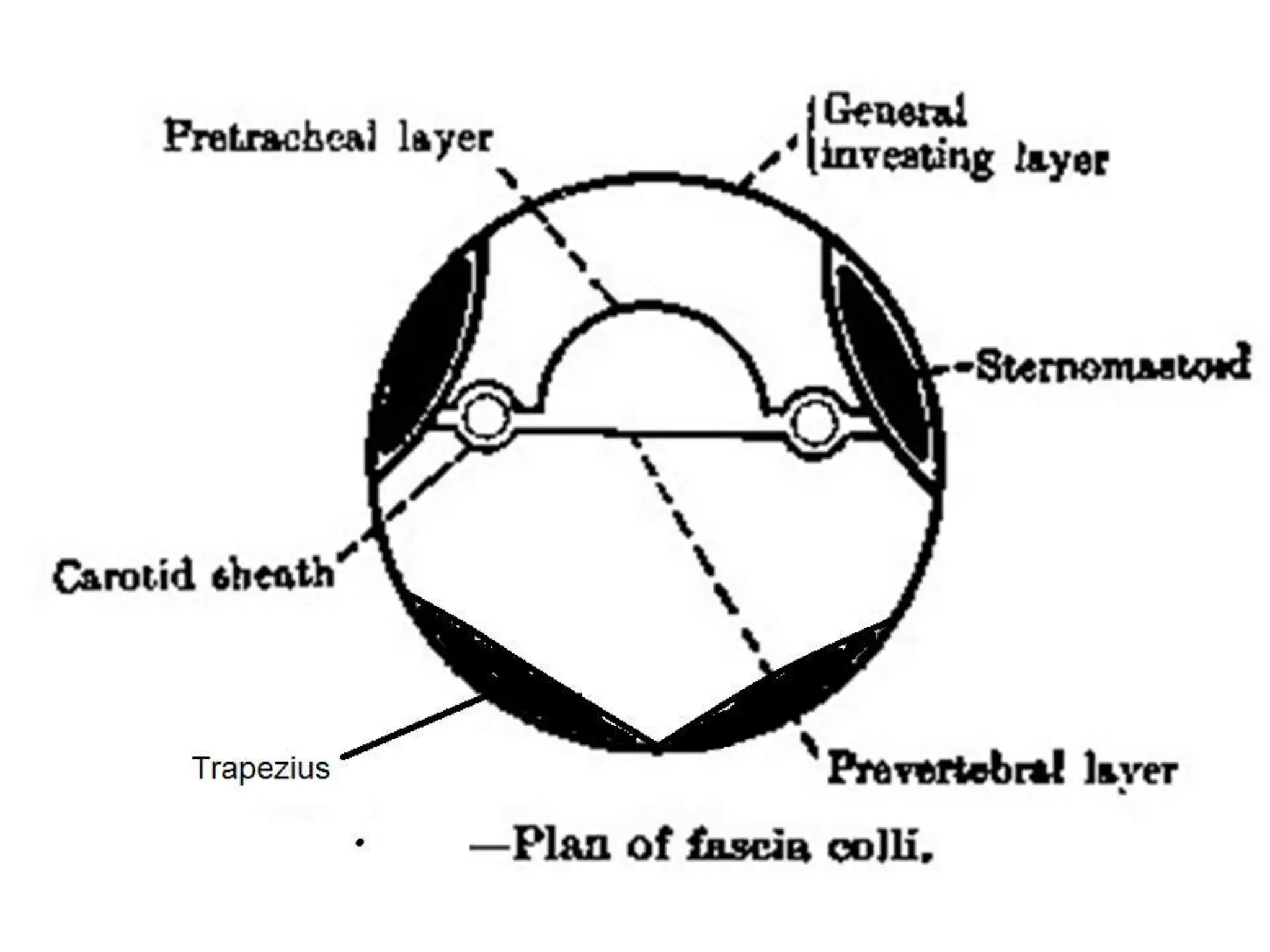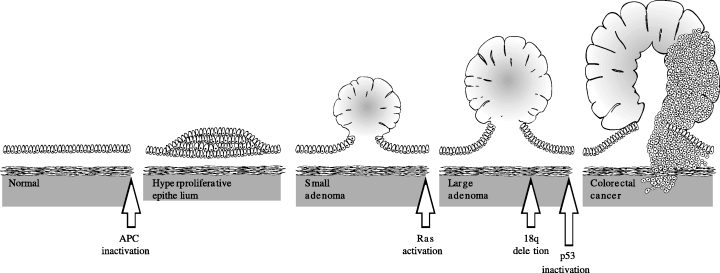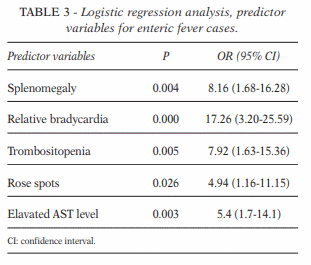The average lifespan of platelets is 7 to 10 days. Aspirin and Clopidegrol inhibits platelets for around 21 days. Hence, when these agents are stopped 7 days before the surgery, it allows 33% regeneration of platelets. Stents and coronary lesions act as unstable plaque until they are completely covered by cellular layer. Bare metal stents require 1 and 1/2 months for being completely covered by smooth muscles and 3 months for the same by endothelium. Drug eluting stents require 1-3 years for complete endothelialization. Aspirin is recommended as a lifelong therapy that should never be interrupted for patients with cardiovascular disease. Clopidogrel therapy is mandatory for six weeks after placement of bare-metal stents, three to six months after myocardial infarction, and at least 12 months after placement of drug-eluting stent. The risk with aspirin withdrawl in rebound phenomenon. Abrupt cessation of aspirin results in an increase in thromboxane A2 activity and a decrease in fibrinolysis, resulting in increased platelet adhesion and aggregation. In addition, the surgical trauma by itself creates a prothrombotic and proinflammatory state, including platelet activation/aggregation and reduced fibrinolytic activity.
A) Primary Aspirin prophylaxis: Treatment with aspirin in the absence of established diagnosis of cardiovascular disease. e.g. for only hypertension or hyperlipidemia
B) Secondary Aspirin prophylaxis: Treatment with aspirin in the presence of overt cardiovascular disease or conditions confering particular risk.
- Atrial fibrillation
- Angina or previous MI
- Stroke
- Congestive Heart Failure
- CABG, PCI or stenting
- Vascular surgery
- Non-cardiac stents (carotid, femoral, renal artery stents)
- Diabetes mellitus
- Renal insufficiency
C) Surgeries with high bleeding risk:
- Cardiac surgery
- Surgery with massive bleeding
- Surgery in a closed space:
- Intracranial
- Intramedullary canal
- Posterior eye chamber
- Prostate surgery
- Tonsillectomy
D) Current Guideline Recommendations:
1. If the patient is on primary prevention:
- Interruption of aspirin in primary prevention does not increase the perioperative risk.
- Stop aspirin and clopidegrol 5 days before surgery if necessary
2. If the patient is on secondary prevention:
- All elective surgeries must be postponed before the following conditions:
- 2 weeks of simple dilation
- 6 weeks of bare metal stenting
- 12 months of drug-eluting stent placement
In these conditions, if postponement of surgery is not possible:
a. If the patient is planned for high bleeding risk surgery: Stop aspirin and clopidegrol 5 days before surgery
b. If the patient is planned for other surgeries: Continue aspirin and discontinue clopidegrol 5 days before surgery (if intermediate risk of bleeding ) or continue clopidegrol as well (minor risk of bleeding)
- If the patient is not in high risk for stent thrombosis: Stop both aspirin and clopidegrol for surgeries with high risk of bleeding and Stop only clopidegrol if the surgery doesn’t involve high risk of bleeding.



